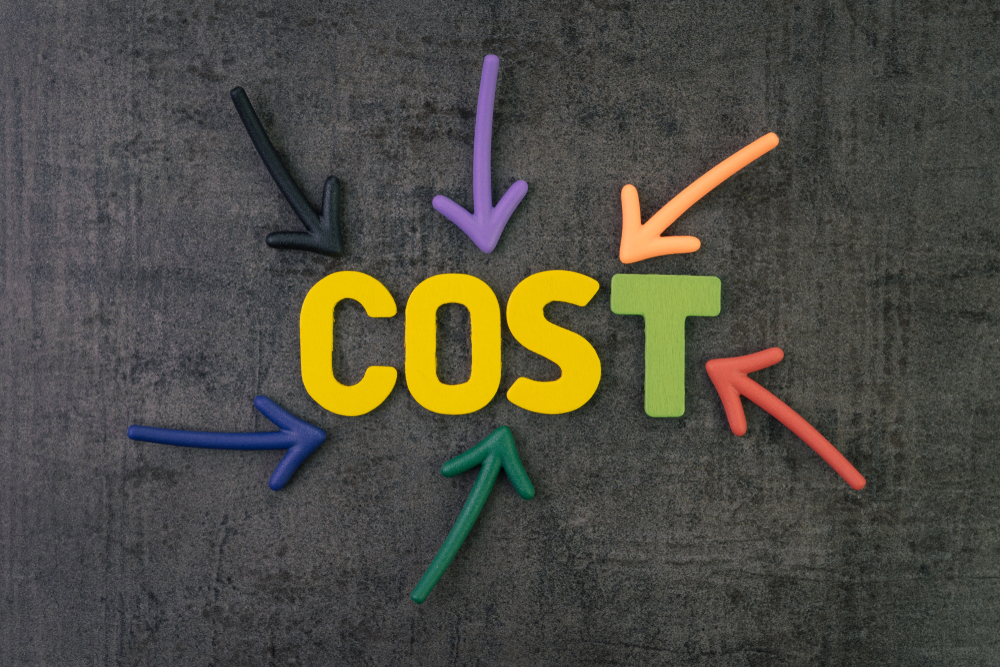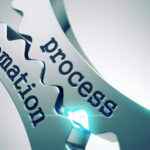Frontier Product Costing features help you accurately track and calculate product costs based on material, labor, and any established overheads for purchased, make-to-stock, and customer-specified, make-to-order products. Several foundation costing methodologies are supported, providing accurate pricing, profitability, and performance information across all aspects of the Frontier ERP system.
Understanding Product Cost
Product cost refers to the total expenditure a company incurs to manufacture or acquire a product. It includes all costs associated with producing a single unit, such as raw materials, labor, overhead, and indirect costs. Understanding product cost is crucial for businesses because it directly affects profit margins and pricing strategies.
Components of Product Cost:
- Direct Materials: These are the raw materials or components directly used in manufacturing the product. The cost includes the purchase price of the materials and any shipping or handling fees.
- Direct Labor: This encompasses the cost of labor directly involved in the manufacturing process, including wages, salaries, benefits, and other expenses for workers who contribute to making the product.
- Manufacturing Overhead: Overhead comprises all indirect costs related to production that cannot be traced to a single unit. This includes factory rent, utilities, depreciation of machinery, maintenance, supervision, and other indirect labor costs.
Calculating product cost is vital for determining the cost per unit, which in turn informs pricing decisions. Accurate product cost calculations help businesses set prices that cover production expenses while ensuring profitability.
Product costing is the process of determining the total cost incurred to manufacture or acquire a product. It involves assigning costs to each stage of the production process to measure and manage expenses. Product costing is essential for financial planning, making pricing decisions, and assessing the profitability of products.
Frontier ERP Features That Aid With Product Costing
- Real-time Analytics & Reporting
- Integrated Financial Management
- Direct Cost Analysis & Tracking
- MRP & Forecasting
- PDM
- Sales Order Management
- Inventory Management
Frontier Product Costing Supports:
- Cost tracking by product and plant/warehouse, with costs calculated based on a standard, weighted average, or actual costing methodology (standard costing, actual costing, and activity-based costing)
- Costs are summarized into four primary buckets (material, labor, fixed overhead, variable overhead), with each primary bucket supported by user-defined cost elements as required
- Automatic calculation of costs for manufactured products based on current production BOM, routing, and associated work center and labor rates
- Visibility of frozen standard, current, future, and last standard costs for all products under a standard cost methodology
- True standard cost support for customer-specified make-to-order products, supporting repeat orders and the tracking of material transfers between plants or warehouses
- Real-time cost calculations for customer-specified make-to-order products to provide margin visibility and cost-plus pricing support during quote and order entry processing
- Production variance tracking based on material substitutions, labor, or operational efficiency variations
- Accurate scrap valuation based on incremental product cost calculations and associated production operation where material was reported scrapped
- Reporting of sales analysis and order margins based on standard/average/actual and/or current costs
Read our blog post on Efficient ERP Product Costing Management for more details.



